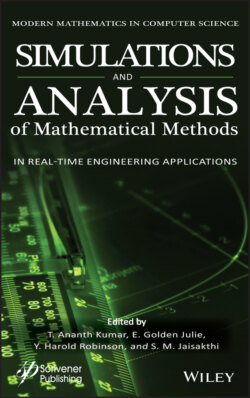Читать книгу Simulation and Analysis of Mathematical Methods in Real-Time Engineering Applications - Группа авторов - Страница 35
2.2 Introduction for Computational Offloading in Edge Computing
ОглавлениеComputational offloading is the migration of computational tasks at a different processor or an external device such as cluster, grid, cloud, base stations, or access points. While running on multiple devices, computation offloading helps promote longer battery lifetime. To enhance the insufficient computation, single users benefit [14].
Figure 2.3 shows the offloading process in the IoT nodes. When the tasks are time-critical and computationally complex, the IOT nodes offload those task computation to nearby edge nodes to execute the task with less delay. Every IoT node has to decide whether to offload the task to an edge node or locally compute based on the task’s time criticality. This offloading or local computation decision can be made by using deep learning algorithm or Markov chain model or Game theory-based model. Non-time-critical tasks that are highly computational complex can be transferred to the cloud computing platform where they can be executed.
Figure 2.3 Offloading in IoT nodes.
